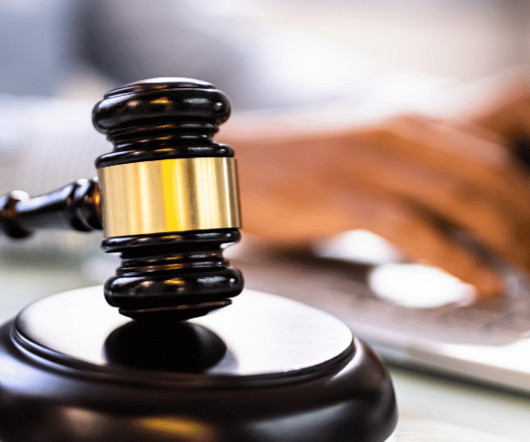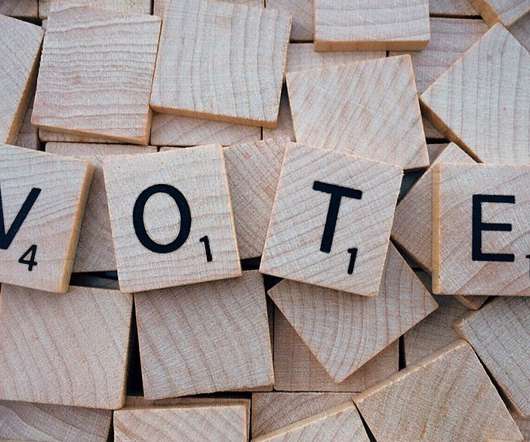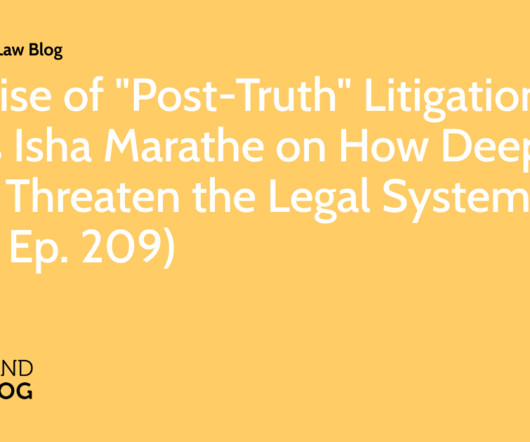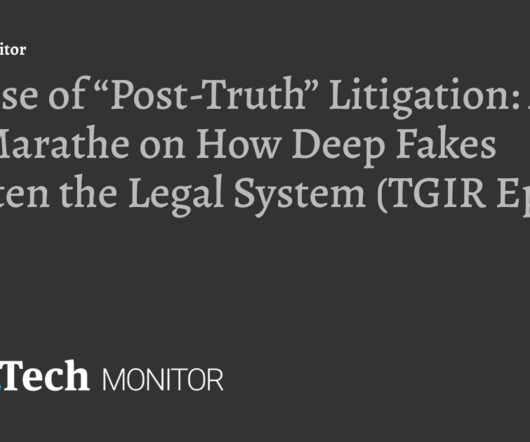The Future of Legal Tech: How Technology Is Transforming the Business of Law
MatterSuite
OCTOBER 27, 2023
Here are some of the key technologies shaping the legal industry: Artificial Intelligence (AI) and Machine Learning Legal Research: AI-powered platforms, like ROSS, use natural language processing (NLP) and machine learning. It does the work more quickly and accurately than traditional research methods.












Let's personalize your content